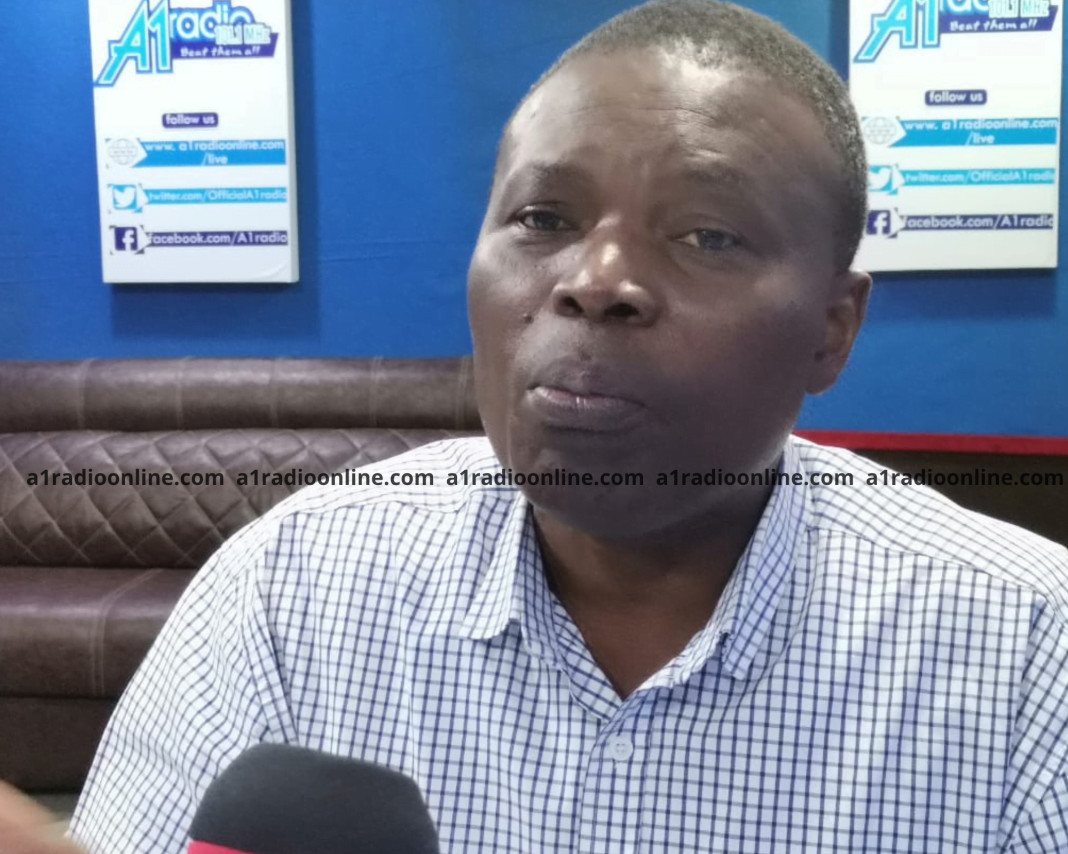Early this year, the Bolgatanga Technical University in the Upper East Region launched a 10-year strategic plan aimed at improving and mastering technical courses in the country.
The plan, according to the university, seeks to increase access, enhance quality, improve financing, and ensure effective governance and management of the university over a 10 year period.
“These strategic priority areas support the university’s commitment to achieving excellence in its core functions of teaching/learning, knowledge dissemination, and exchange, in addition to stakeholder engagement. As a TVET institution, it is the university’s belief to not only equip students with technological skills for their future careers but also inculcate in them critical minds, concern, and respect for humankind and nature, as well as an in-depth understanding of the world,” Professor Alnaa noted at the launch of the plan.
Professor Samuel Alnaa, the Vice-chancellor of the university, said, “The process of formulating the strategic plan gave us the opportunity to conduct smart analysis to determine the challenges ahead and also outline strategies, “not only to respond to the changing needs of the institution but also to ensure we drive the industrialization agenda through TVET.”
In a subsequent engagement on A1 Radio’s Day Break Upper East Show today, November 13, 2023, the Vice Chancellor for BTU, Professor Samuel Alnaa explained that over the 10-year period, major changes would be both in the physical structure and content of the school.
“We have introduced a number of programmes, particularly, degree programmes, which students, from the word go, can enroll in and do a 4-year degree programme and acquire a degree from the technical university. We also have these Competence Based Training (CBT) programmes that do not allow people to go to SHS before applying. Maybe an apprentice can come and enrol and gradually acquire a doctorate degree.”
“In fact, the teaching methodology of technical education is CBT,” he said.
It would also be recalled that, in the 2021/2022 academic year, a total of 683 students were enrolled into the Bolgatanga Technical University. In the year before, 725 students were enrolled into the school. 401, 470, 457, 401 and 486 students were enrolled into the educational institution in the 2019/2020, 2018/2019, 2017/2018, 2016/2017 and 2015/2016 academic years respectively.
Male enrolment decreased from 269 in the 2015/2016 academic year to 200 in the 2017/2018 academic year while female enrolment also dipped from 217 in the 2015/2016 academic year to 201 in the 2016/2017 academic year. There has however been a consistent rise in female enrolment, rising from 226 in the 2017-2018 academic year to 240 in the 2018/2019 academic year. It can be observed that the male and female enrolment has fluctuated in the past 7-years.
In the 2022/2023 academic year, 1,208 students were enrolled into the Bolgatanga Technical University.
Professor Samuel Alnaa, the Vice Chancellor of BTU, speaking to Mark Smith on the A1 Radio’s Day Break Upper East Show explained that the increased enrolment could be attributed to the implementation of the school’s 10 year development plan.
Background
The institution was initially established as a Polytechnic in 1992 under PNDC Law 321 (1992), and thereafter converted to the status of a Technical University in April, 2020, in line with the Technical Universities Act, 2016 (Act 922), as amended. The Act, 922, mandates the University to provide higher education in Engineering, Science and Technology-based disciplines, Technical and Vocational Education and Training (TVET), Applied Arts and related disciplines, and award degrees including honorary degrees, diplomas, certificates and other qualifications agreed upon by the Governing Council Currently the University offers a number of Bachelor of Technology degree programmes, Higher National Diploma (HND) and non-tertiary programmes in TVET, business and science-related disciplines. Preparations are underway to introduce postgraduate programmes.
In order to achieve the University’s mandate as stipulated in the Act, 2016, (Act 922), as amended, the University’s Governing Council decided to develop a 10-year Strategic Plan (2023-2032) to guide the University’s medium-to-long-term growth. The purpose of the plan is to provide direction in the medium to long term for the University, by creating a conducive institutional environment for academic and entrepreneurial training. The plan provides guidelines and specific actions, timelines for relevant activities, roles and responsibilities, rresources,and the monitoring and evaluation required for success. The Strategic Plan is in two phases: 2023-2027 and 2028-2032
The methodology adopted was broad-based, open, and participatory consultation with internal and external stakeholders, such as: students, staff, employers, employees, alumni, and specialists from various areas, including community sector players. The committee also reviewed the strategic plans of other universities. The purpose was to obtain their input and buy-in for developing a stakeholder-owned document for ease of implementation, accountability, and good governance.
The Strategic Plan puts forth a key aspiration for the university to become a leading Technical University in Ghana and beyond, producing skilled, knowledgeable and employable graduates in various disciplines for industry. To realise this aspiration, the University will promote effective and quality teaching/learning research, community service and resource mobilisation.
The first phase of the Strategic plan, 2023-2027, aims at positioning the Institution to become a leading technological university while the second phase, 2028-2032, seeks to consolidate the gains made thereof. In this regard, the University has developed seven (7) strategic priority areas that seek to:
- Increase student enrolment taking into account diversity, quality and equity
- Improve infrastructure, facilities and services for teaching, learning and research
- Strengthen and improve teaching, learning, research and community service. 4. Improve Internationalisation and stakeholder collaboration (ie., university/industry/alumni)
- Strengthen ecological agriculture through research, teaching/learning, training and extension services
- Improve resource mobilisation and utilisation 7. Improve corporate governance and management systems
The implementation of these strategic priority areas should propel the University to its desired destination as a preferred tertiary institution. This requires new thinking, commitment, resource mobilisation and funding from both internal and external stakeholders.
Source: A1radioonline.com|101.1MHz|Mark Kwasi Ahumah Smith|Ghana


